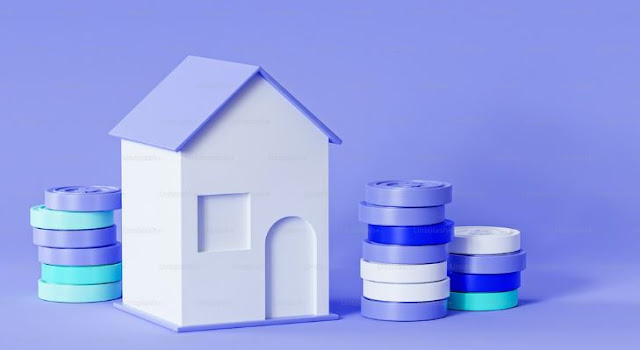
The path to homeownership, or simply finding a way to make your home's equity work for you, can feel like venturing into a labyrinth fraught with complex terminology and numerous decisions.
Regardless of whether you are venturing into homeownership for the first time or you are an experienced homeowner enjoying your retirement years, grasping the distinctions between traditional and reverse mortgages is crucial.
Today, we will delve into traditional and reverse mortgage loans to equip you with the knowledge to make informed, strategic choices that align with your financial goals.
Traditional Mortgages
Imagine the stressful process of buying a home. You have found the perfect abode, and now you need to finance it. Enter the traditional mortgage—a loan that you, as a borrower, take out to fund your dream home. Obtaining a traditional mortgage is always kicked off with a down payment, and the lender covers the remaining balance. You then repay the lender over a typical period of 15 to 30 years, with interest tacked on monthly.
Securing a traditional mortgage requires good credit, a stable income, and financial stability. The interest rate applicable to you is determined by factors like your credit score and other financial elements, including your debt-to-income ratio.
The primary allure of traditional mortgages is their flexibility. You can finance various property types—anything from a quaint suburban home to a rustic cabin in the woods.
What's more, if you are short on cash for a sizable down payment, private mortgage insurance (PMI) can come to your rescue, helping you qualify for a conventional loan even with less than 20% to put down.
The traditional mortgage is a fairly popular option; more than 42% of households have mortgages. Therefore, for young individuals looking to purchase a property, opting for a traditional mortgage is the recommended path.
The Downside Of Traditional Mortgages
The higher standards of qualification and the potential need for a larger down payment compared to some government-backed loans can pose a challenge for some borrowers.
Reverse Mortgages
Now, picture a scenario where you are a homeowner aged 62 or older, comfortably settled in your home, but could use some extra cash for living expenses, medical bills, or other costs. A reverse mortgage might be your golden ticket. Instead of you paying the lender, the lender pays you, converting a portion of your home equity into cash.
The repayment of the loan occurs when you sell your home, move out permanently, or pass away. The sum you can receive depends on your age, your home's value, and the prevailing interest rates.
The primary advantage of reverse mortgages lies in their unique structure. The absence of monthly payments and the ability to transform home equity into ready cash can be a lifesaver, especially for seniors who do not want to sell their homes.
The Downside Of Reverse Mortgages
But every coin has two sides. The interest rates on reverse mortgages can be higher than those of standard home loans. Furthermore, while no monthly payments are required, the loan balance grows over time as interest and fees accumulate, which could erode your equity.
Which One Should You Pick
Choosing between a traditional mortgage and a reverse mortgage fundamentally depends on your financial situation and goals. If you're aiming to buy a property and have a consistent income, a traditional mortgage is probably the most suitable choice.
It provides stability, predictability, and the chance to eventually become the outright owner of your home. Additionally, with an array of financing possibilities available to you, including FHA, VA, or interest-only loans, you possess the chance to choose a mortgage that is custom-fit to your distinct circumstances.
Conversely, if you are an elderly homeowner seeking a way to obtain funds without parting with your property, a reverse mortgage may be the more fitting alternative, allowing you to draw from the equity and enjoy a comfortable lifestyle in your retirement years.
The Bottom Line On Different Mortgage Options
Selecting between a traditional mortgage and a reverse mortgage largely hinges on your personal financial circumstances and goals.
If you are a homeowner aged 62 or older seeking extra funds without parting with your beloved house, a reverse mortgage could be the perfect solution for you. Conversely, if your aim is to acquire a property and you are younger, it would be beneficial to look into standard mortgage options.
